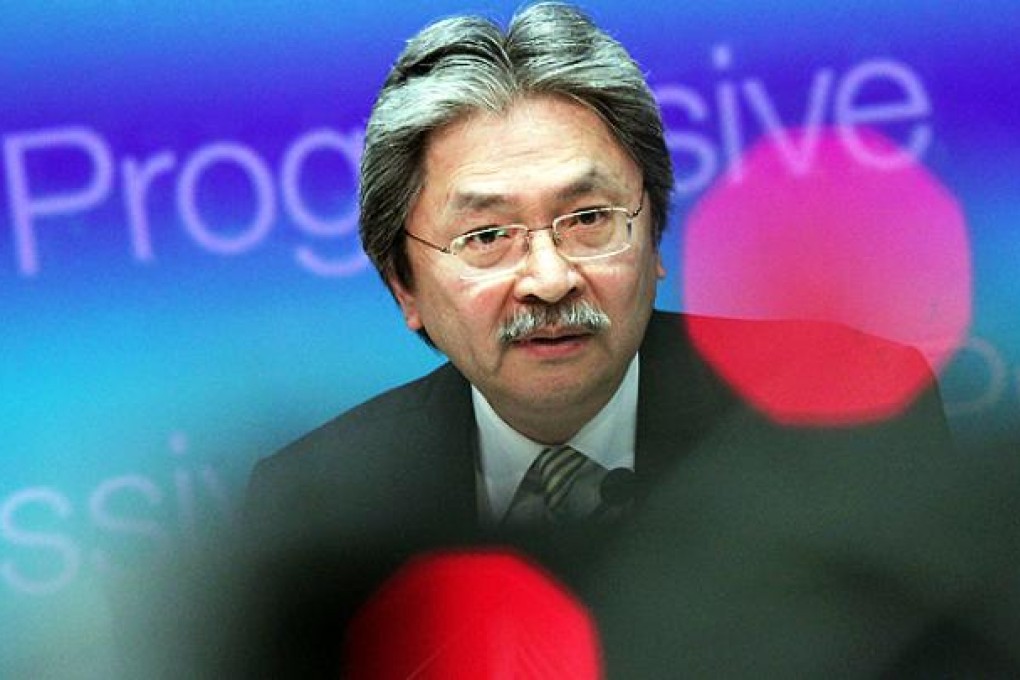
It is encouraging to note that Financial Secretary John Tsang Chun-wah has put more emphasis on positioning Hong Kong for economic development in this year’s budget, particularly in developing the financial service, trading, logistics and tourism industries.
With this clear focus and vision, we look forward to more concrete measures. We welcome the fact that the government has accepted Deloitte’s suggestions to extend the profits tax exemption for offshore funds and increased the deduction ceiling for self-education expenses from HK$60,000 to HK$80,000. We highlight some of our comments and recommendations as follows:
In line with the National 12th Five-Year Plan, which specifically states our country’s support for Hong Kong’s development as an offshore renminbi business centre and an international asset management centre, the financial secretary has allocated more than six pages in this year’s budget to measures to enhance Hong Kong’s competitiveness in developing the financial services industry, in particular fund and asset management business.
In the fund and asset management sector, several legal and tax legislation changes are proposed to provide a more flexible and attractive business environment. However, with stiff competition in attracting fund management businesses, mostly from Singapore, we believe that the government should consider further relaxation as well as tax incentives. For example, similar to Singapore, Hong Kong could introduce an onshore fund regime that provides exemption for a fund that is centrally managed and controlled in Hong Kong, given that it satisfies certain conditions. In addition, the government can provide preferential tax treatment for local fund managers; for example, to reduce the profits tax rate to 10 per cent on income derived from fund management services rendered in Hong Kong, provided certain conditions are satisfied.